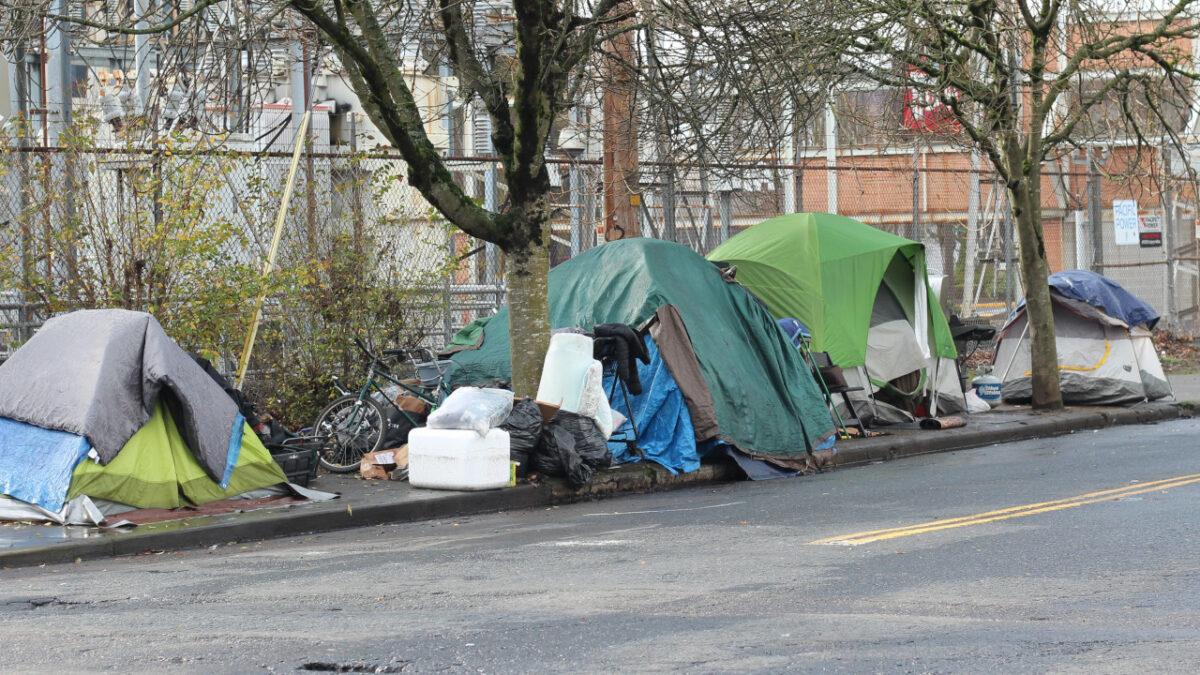Dear Friends,
This week, another issue with Idaho roots was added to the docket of the Supreme Court of the United States. SCOTUS will be hearing the case of City of Grants Pass v. Gloria Johnson, which deals with local government’s ability to regulate public spaces relating to homeless camping.
I led a coalition of 20 other states in support of the request for SCOTUS to take up this case in the hopes of getting some relief for these local governments as they struggle to address problems in their public spaces. I was very pleased to see SCOTUS grant our request.
This topic largely originated in Idaho with the case of Martin v. Boise that was decided in the Ninth Circuit Court of Appeals in 2018 – binding all the states under their jurisdiction – stating that a government must allow camping in public streets, parks, sidewalks, and spaces if there were no homeless shelter beds available. In the City of Grants Pass case, the Ninth Circuit went even further and held that the Eighth Amendment even prevents civil fines for living in public parks and spaces. These decisions have stripped states of their right and ability to regulate public spaces.
Many Western states are now straining under a massively expanded homeless population. This issue has made the pages of every national newspaper. We have all watched the decay of once-beautiful cities like Seattle, Portland, San Francisco, and others. While some people blame income inequality or a lack of affordable housing for the homelessness crisis, the reality is far more obvious when standing on those city streets.
For many of these states, it started with the legalization of recreational marijuana, which swelled the population of people coming to those states to live on the streets, supported by a plethora of social services. It only got worse with the decriminalization of drugs including methamphetamines, heroin, fentanyl, and other horribly addictive substances. At the same time, social justice radicals demanded the de-funding of local police. This was followed by rampant addiction, rising crime, and pervasive, untreated mental illness. These court decisions solidified the problem and made homelessness an almost-permanent feature of our cities.
Finally, after a five-year experiment in social decay, the Supreme Court may give relief to many local governments seeking the tools to reclaim the livability and vitality of their public spaces. For too long, their residents have been forced to sidestep needles, garbage, and human waste that fill the streets and sidewalks, as businesses are shuttered and become vacant. I’m encouraged to see our nation’s highest court take up this case.



One reply on “Labrador Letter: Supreme Court Takes Homeless Camping Case”
The SCOTUS may rule in favor of the cities but then the big question will be where to lodge these vagrants. Will this decision mean another unfunded FEDGOV mandate? In the past and up to present day, shelters run by various charities and religious groups have tried. But these druggies will not comply with the shelter’s regulations for sobriety. They would rather stay on the streets and stay drugged-up or drunk. I saw it for years when I was a Peace Officer in SoCal. The State of California used to be able, by law, incarcerate these vagrants in state mental hospitals. The ACLU sued Governor Reagan in the 60’s and the law was ultimately ruled unconstitutional. And here we are. Sad that.